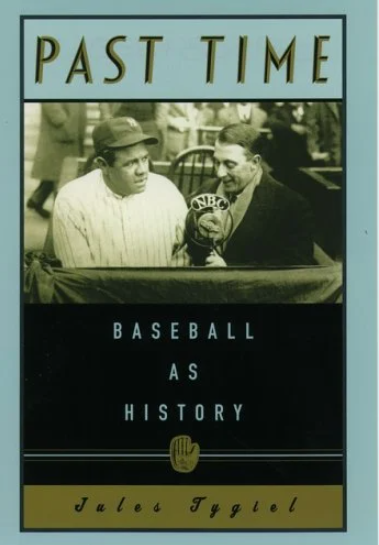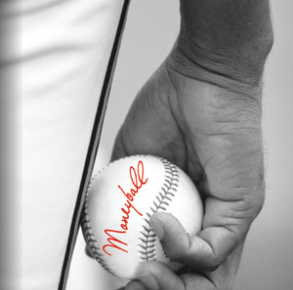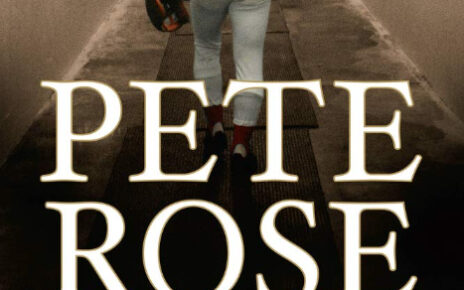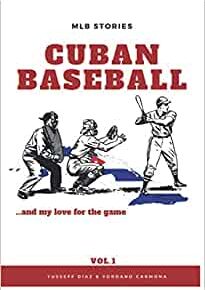On the whole, I really enjoyed Jules Tygiel’s effort. The concept is one that is right up my alley, and for the most part, it had me hooked from the get-go. There are times when it faltered and when Tygiel succumbed to classical tropes instead of actual investigations of history. Those moments were decidedly in the minority and in the end, Tygiel’s effort is strong and one worth reading.
The pace is what stood out to me the most. Tygiel managed to construct Past Time: Baseball as History in such a way that it had a languid pace. I loved that aspect of the book, it really felt like a baseball game in that regard. There was no rushing taking place, no quickly moving from point A to point B. One could argue that such a pace is not representative of American history, but that would miss the core tenet of the book (more on that in a moment). Tygiel’s narrative gently moves from section to section, taking its time throughout, and it really leaves its mark with such an approach.
The core tenet of the book mentioned above isn’t hard to ferret out, I don’t think. Very early on Tygiel lets the cat out of the bag, despite what people love to perpetuate about Baseball and America, they are, in many ways, not always aligned historically. At various points throughout his work, Tygiel comes back to that narrative thrust, and this is where, content-wise, Past Time: Baseball as History is at its strongest.
Where Tygiel drops the ball is in his capitulation to capitalism and only passing interest in the Negro Leagues. There are a few instances where Tygiel carries water for owners not being able to pay for stadiums and how privately owned-publicly funded stadiums are an inevitability. To be frank, if you can’t afford to build your own stadium then you shouldn’t have a baseball team to begin with. But, we all know every owner can afford to build their own stadium, they choose not to and folks like Tygiel allow them to get away with convincing the public otherwise.
The Negro Leagues section can be best summed up in the way Tygiel uses the term organized baseball to refer to Major League Baseball. I understand that is a relic of its time, but he uses the term freely and it does place the reader in the mindset of the Negro Leagues being unorganized and not on the same level as MLB. The end result is that the reader feels it is okay that the Negro Leagues only got 20 or so pages, they were unorganized leagues after all.
Those blemishes aside, I did enjoy Past Time: Baseball as History. It was an easy read with a great pace and narrative vehicle. Tygiel has a way with words and he crafted a compelling book. It wobbles and creaks, but then again, so does much of baseball history and that’s what makes it so interesting.
Lead image courtesy of Unknown – Oxford University Press




